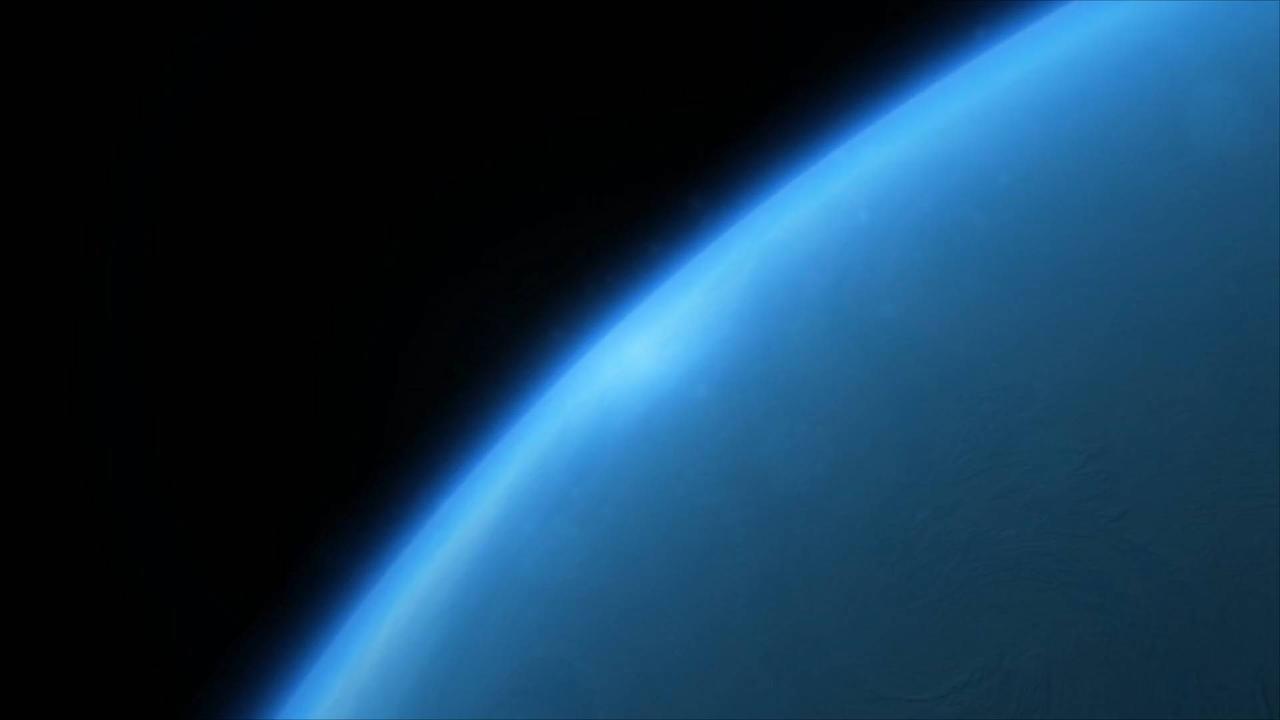Unusual 'Phoenix' Exoplanet Challenges Our Current Understanding of Planetary Evolution

Unusual 'Phoenix' Exoplanet Challenges Our Current Understanding of Planetary Evolution
Unusual 'Phoenix' Exoplanet , Challenges Our Current Understanding of , Planetary Evolution.
'Newsweek' reports that astronomers have discovered a strange exoplanet that has been able to withstand intense radiation from a giant red star and retain its atmosphere.
According to researchers at John Hopkins University, the rare planet should have been stripped down to the rock by the constant bombardment of radiation from its host star.
Instead, the unusual exoplanet developed a puffy, less-dense atmosphere instead.
Astronomers nicknamed the planet "Phoenix" due to its ability to survive and adapt to extreme environments.
.
'Newsweek' notes that our own Sun is expected to turn into a red giant in about five billion years, as it enters into the final stages of a star's life cycle.
When this happens, the sun will expand and engulf the Earth.
.
Current understanding of the future evolution of the Earth's atmosphere suggests that when the sun evolves into a red giant, it will strip most, or all, of the planet's atmosphere just before finally engulfing the planet whole, Sam Grunblatt, Astrophysicist at Johns Hopkins University, via 'Newsweek'.
However, the new study suggests that Earth's atmosphere may be able to withstand this event, adapting to the extreme environment over time.
.
Earth may survive until, and even beyond, the start of planet engulfment, and may also puff up in the process.
, Sam Grunblatt, Astrophysicist at Johns Hopkins University, via 'Newsweek'.
This also suggests that the timing of other stages of Earth's atmospheric evolution may happen later than expected, or in a different sequence than models currently predict, which may have large implications for the longevity of life on Earth and beyond, Sam Grunblatt, Astrophysicist at Johns Hopkins University, via 'Newsweek'

![What If We Discovered A New Planet In Our Solar System? [Video]](https://video.newsserve.net/300/v/20240623/1719155917-What-If-We-Discovered-New-Planet-In.jpg)
![Tories in Crisis: The Rise and Fall of the British Conservative Party [Video]](https://video.newsserve.net/300/v/20240622/1719026082-Tories-in-Crisis-The-Rise-and-Fall-of.jpg)